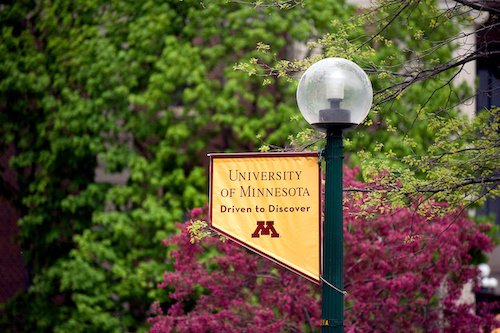
StudyFinder
Development of a Non-invasive Approach to Test Cortical-Brainstem Motor Pathways in Humans

Recruiting
The purpose of this project is to develop and test a novel non-invasive brain stimulation protocol, using transcranial magnetic stimulation (TMS), that will allow reliable examination of cortical-brainstem motor pathways in humans.
18 years and over
Inclusion Criteria:
• Healthy adults: age 21-50 years
• People with diagnosis of hereditary spastic paraplegia:
• age 21-50 years
• able to stand, unassisted, for more than 2 minutes
Exclusion Criteria:
• history of a frequent fainting in response to blood, needles, emotional or sensory triggers
• on anti-coagulant medications
• musculoskeletal disorder that affects the ability to stand
• history of seizures, epilepsy, stroke, multiple sclerosis or traumatic brain injury
• presence of any metal in the brain or implanted pacemaker
• history of surgery on blood vessels, brain or heart
• unexplained, recurring headaches or concussion within the last six months
• moderate to severe hearing impairment
• pregnancy
Brain & Nervous System
Hereditary spastic paraplegia, Transcranial magnetic stimulation (TMS)
Joshua De Kam - jadekam@umn.edu
Colum MacKinnon
STUDY00003381
21670